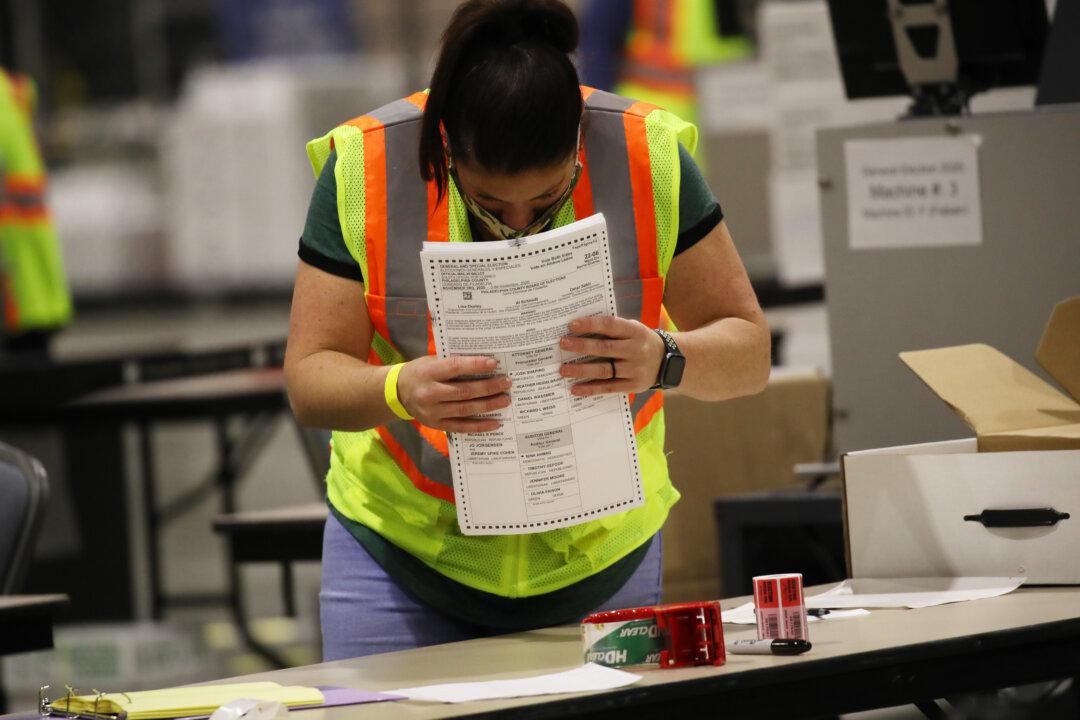Republican Indiana Attorney General Curtis Hill filed an amicus brief with the United States Supreme Court and joined other Republicans in arguing that the Pennsylvania Supreme Court overstepped its authority by allowing voters three additional days to cast ballots.
Hill joined five other Republican attorneys general from other states in the lawsuit.





